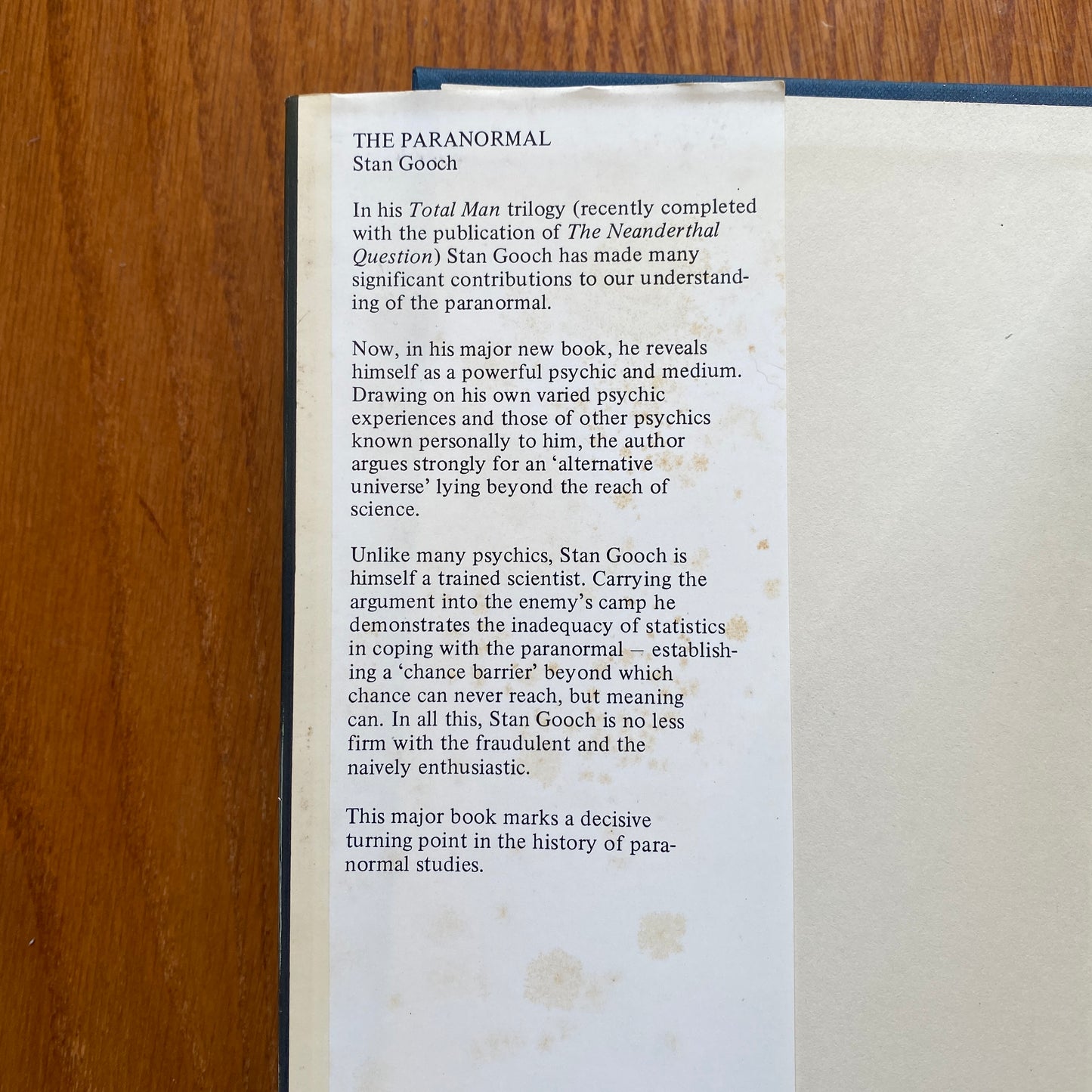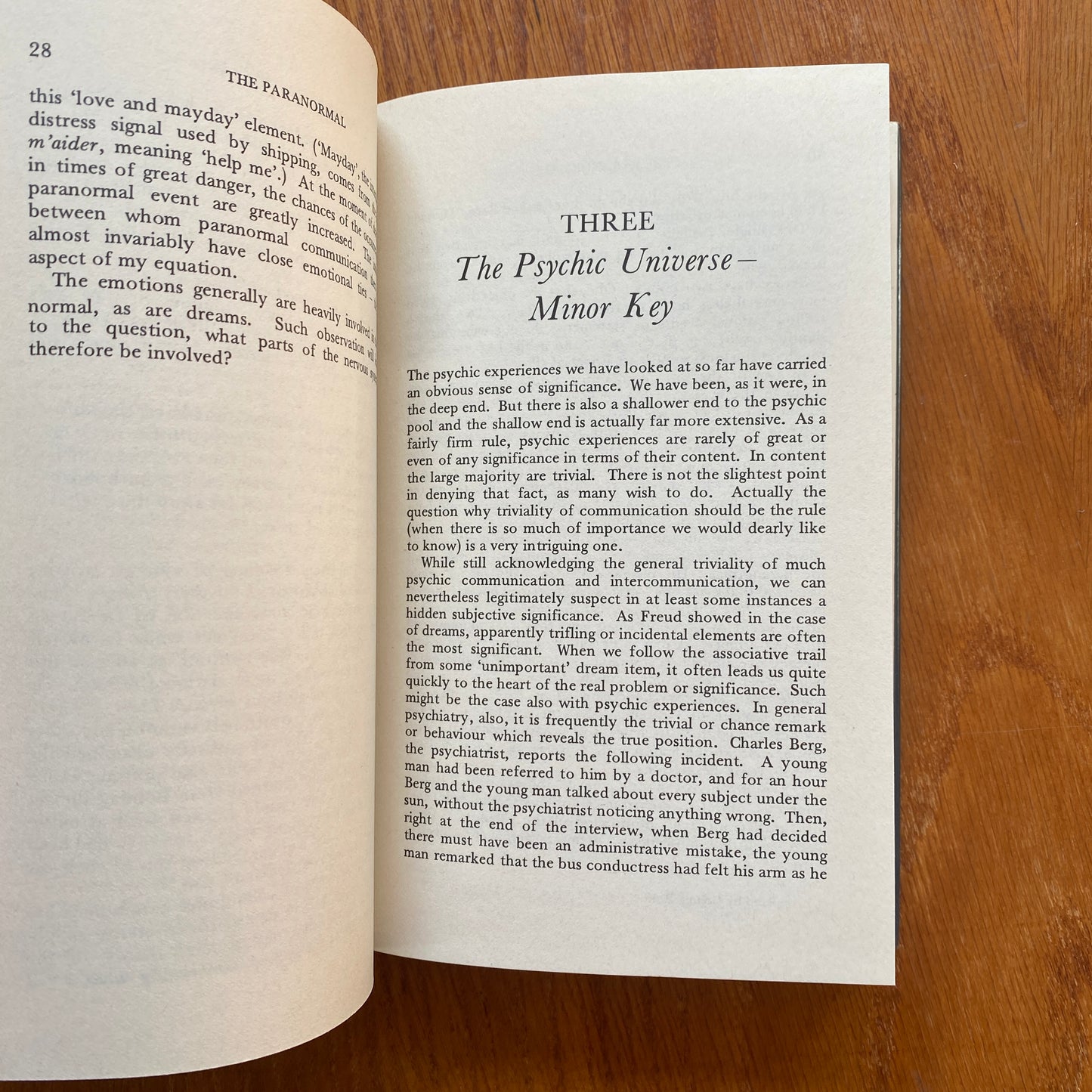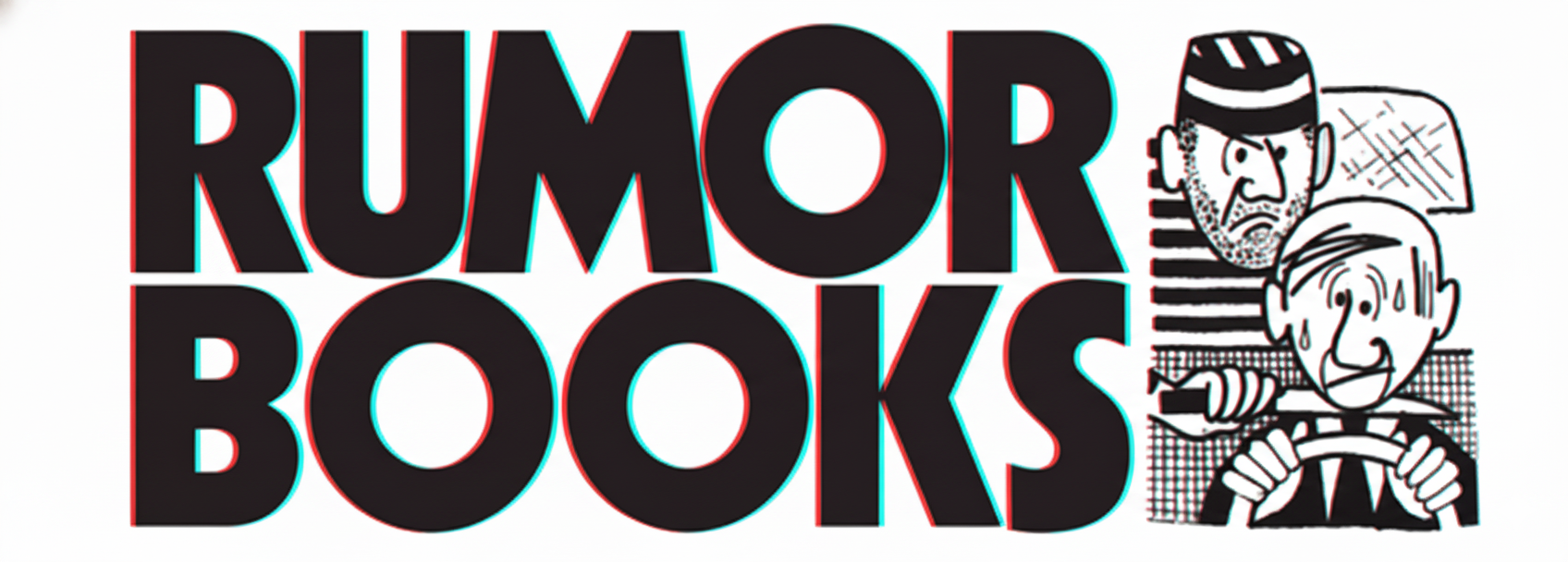Rumorbooks
The Paranormal - Stan Gooch
The Paranormal - Stan Gooch
Couldn't load pickup availability
In The Paranormal (1978), Gooch reveals that prior to obtaining a degree in psychology, in his mid-twenties, he had been trained as a medium.
The book in a first part deals with his own paranormal experiences and those of his acquaintances and in a second part presents a theoretical examination of the paranormal.
The 1970s appeared to be a time when semi-intellectual books on the paranormal were quite popular. While writers like Colin Wilson tended to fill their books with anecdotes about paranormal phenomena that had little factual support, Stan Gooch tends to take a more sceptical approach to much of the claims made about the paranormal. One will notice, however, that Gooch claims to have some paranormal abilities himself and does not apply the same scepticism to his own experiences. This may be because Gooch fundamentally believes that the paranormal is something you experience first-hand rather then something you can measure objectively.
This irreducibly subjective nature of the paranormal is the basis of part of the argument for the paranormal that Gooch makes in the book. In this book you will find not only Gooch's accounts of his paranormal experiences but also other accounts of seemingly paranormal events, many of which involve animals. The stories of animals and their owners having telepathic and clairvoyant connections with each other are touching - one brief anecdote is even about a cockroach that a family once saved! The most interesting part of the book for me is Gooch's argument that theoretical measures of statistical outcomes are not reflected in observed outcomes of seemingly random events.
Gooch argues that certain statistically rare events such as the development of life and certain meaningful coincidences (Jungian Synchronicities) are not merely statistical flukes but statistical miracles when we relate them to our usual observations involving random events. Gooch also shares his unusual views on Extra-Sensory Perception and brain function, suggesting that the Cerebellum is the seat of the unconscious mind and ties this view in with homo-sapiens evolutionary descent from the Neanderthals. Wildly speculative but interesting stuff. Why don't academics publish books like this now? Apparently, Gooch left academia so he had the freedom to write his books on these wild ideas. He died practically living in poverty....perhaps there is the answer.
Share




















